Three eternal Iranian islands
WANA (July 20) – For over forty years, the dispute over the three islands of Abu Musa, Greater Tunb, and Lesser Tunb has been a sore spot in relations between the United Arab Emirates and Iran.
The three islands are located between Iran’s and UAE’s mainland in the Persian Gulf, at the western entrance to the Strait of Hormuz.
The islands have historically been part of Iran for centuries, dating back to 1330 AD. Proof of this can be found and corroborated by countless legal, historical, and geographical documents in Iran and other countries.
With the weakening of the Qajar dynasty in Iran and British imperial expansion in the Persian Gulf, the three islands fell under British control, first Abu Musa in 1904, followed by the two Tunbs in 1921.
Over the next half-century, London entrusted local administration to the British-appointed Sharjah Sheikhs. Iran and the UK intermittently engaged in heated discussions about the status of the three islands but without any conclusions.
On November 1971, a day after British forces left the region and just two days before the UAE was to become an official federation, Iran legitimately restored its sovereignty over the islands.
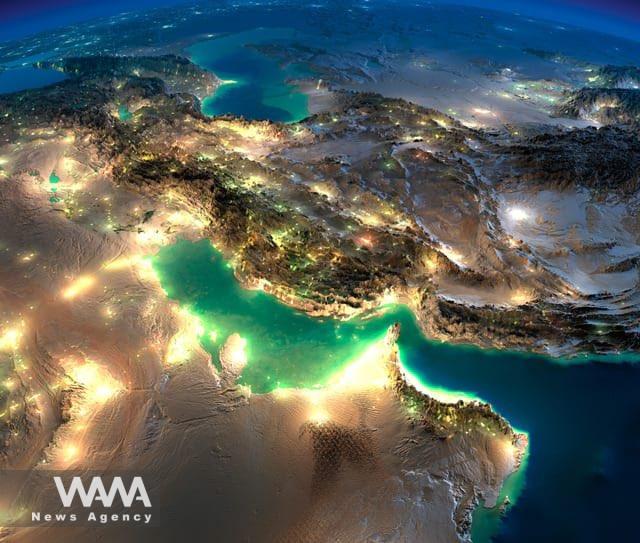
Iranian troops on Abu Musa were officially welcomed by Sheik Saqr bin Mohammed Al Qasimi, the Sheikh of Sharjah’s brother. On the same day, Iran and British Sharjah signed a Memorandum of Understanding (MoU) acknowledging Iran’s full rights over them.
The MoU approved and confirmed the presence of Iranian troops, allowed Sharjah to have a local police station with its flag, and guaranteed equal energy and fishing rights for both nationals.
Iranian forces also landed on uninhabited Lesser Tunb and sparsely populated Greater Tunb, where a few British-affiliated tribal troops initiated a minor skirmish.
Sometime later, the newly established United Arab Emirates began to claim full control over the three Iranian islands, which has continued to this day. Bilateral ties between Iran and the UAE deteriorated in the 1980s following Iraq’s imposed war on Iran that spilled over into the Persian Gulf, affecting the situation on the islands as well.
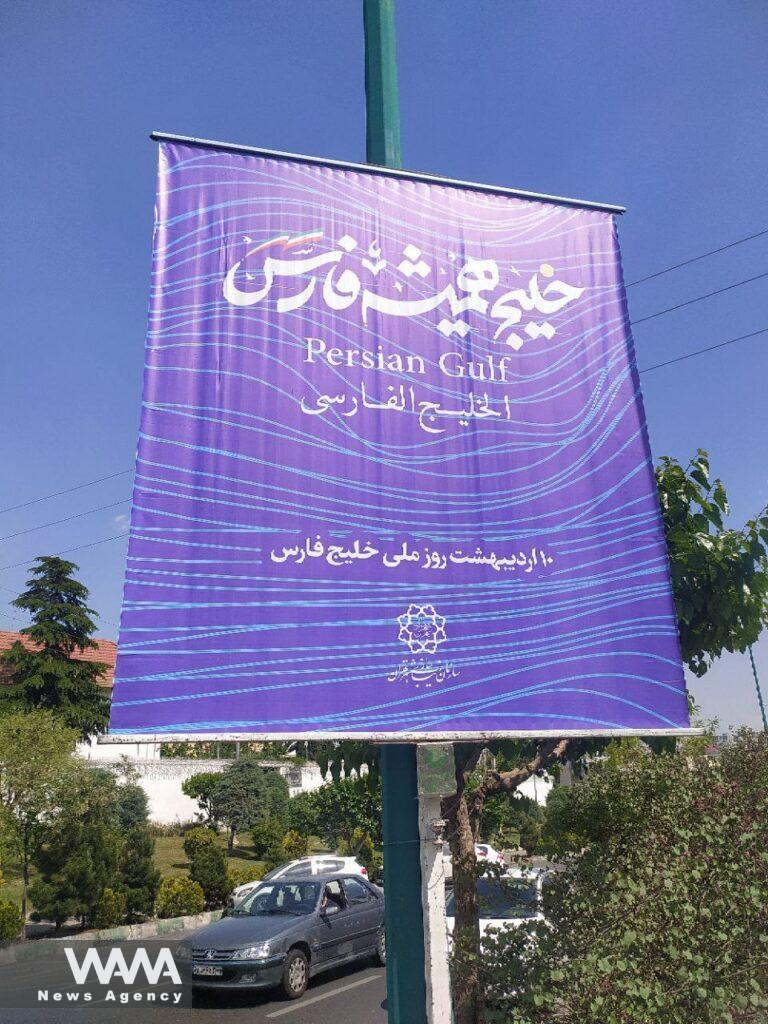
Installing the “Always Persian Gulf” banner before the British and UAE embassies. Social Media / WANA News Agency
In 2016, after Saudi Arabia severed its diplomatic ties with Iran, Emiratis followed suit. However, in August last year, months before the Iran-Saudi rapprochement, Tehran and Abu Dhabi agreed to restore relations and reopen embassies.
The three islands have great importance for Iran because they represent its victory in the decades-long dispute with the United Kingdom, whose colonial policies resulted in the occupation of the three islands in the first place.
History also bears testimony that in the past decades, Iran has always supported the territorial integrity of the GCC and other Arab countries, including Bahrain, Iraq, Jordan, Kuwait, Lebanon, Oman, Qatar, Palestine, Syria and Yemen. Iran shares a maritime border with seven Arab countries, six of which have been settled by agreements and arrangements. The only exception is the UAE, which has outstanding maritime disputes with three other Arab countries, as well as its internal conflicts.
On Monday last week, the Gulf Cooperation Council (GCC) meeting was held in Moscow. The members, including Saudi Arabia, Oman, Bahrain, Kuwait, Qatar, and the UAE, released a joint statement with Russia that urged a diplomatic solution to the territorial dispute.
“The ministers affirmed their support for all peaceful efforts, including the initiative of the United Arab Emirates and its endeavors to reach a peaceful solution to the issue of the three islands, Greater Tunb, Lesser Tunb and Abu Musa, through bilateral negotiations or the International Court of Justice, in accordance with the rules of international law and the United Nations Charter, to resolve this issue is in accordance with international legitimacy,” it said,
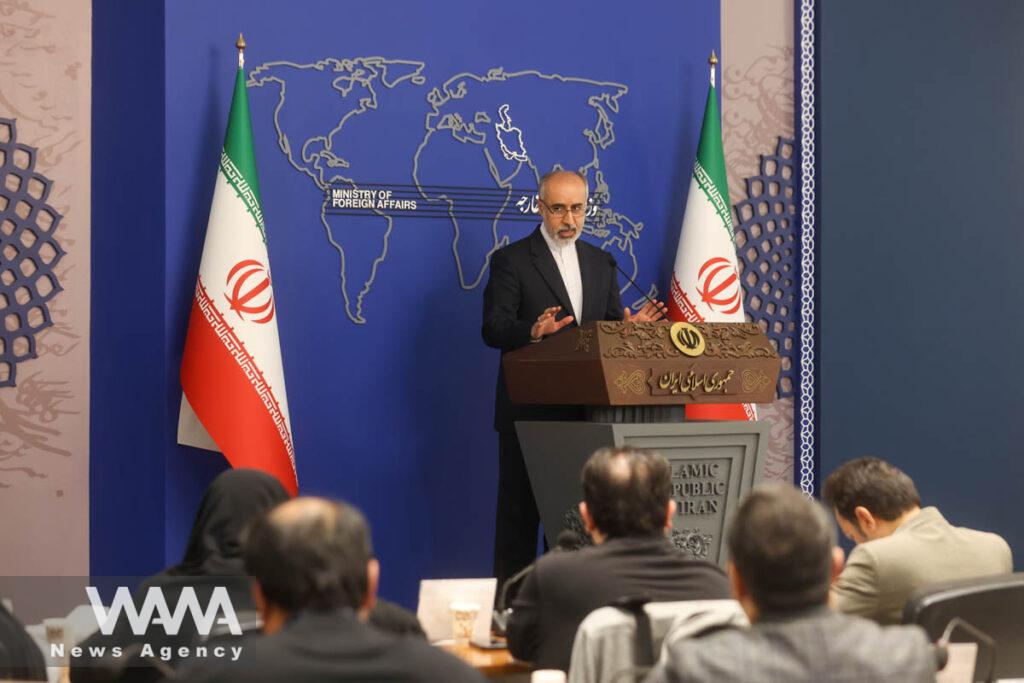
Iranian Foreign Ministry Spokesman Naser Kanaani speaks in his weekly press conference in Tehran, Iran, March 13, 2023. Majid Asgaripour/WANA (West Asia News Agency)
Tehran’s Ministry of Foreign Affairs rejected the statement on Tuesday. “These islands belong to Iran forever and issuing such statements is in contradiction with the friendly relations between Iran and its neighbors,” said Nasser Kan’ani, spokesperson for Iran’s Ministry of Foreign Affairs.
Kan’ani added the country has forever had complete sovereignty over the three Persian Gulf islands of Abu Musa, the Greater, and Lesser Tunbs.
Tehran summoned Russia’s ambassador on Wednesday.
The Iranian foreign minister, Hossein Amir Abdollahian, also called his Russian counterpart, Sergey Lavrov, stressing that “the independence, sovereignty and territorial integrity of the Islamic republic are not, and never will be, up for negotiation.” Lavrov, for his part, reaffirmed Moscow’s commitment to the fundamental principles of international law preserved in the UN Charter, including respect for states’ sovereignty and territorial integrity.
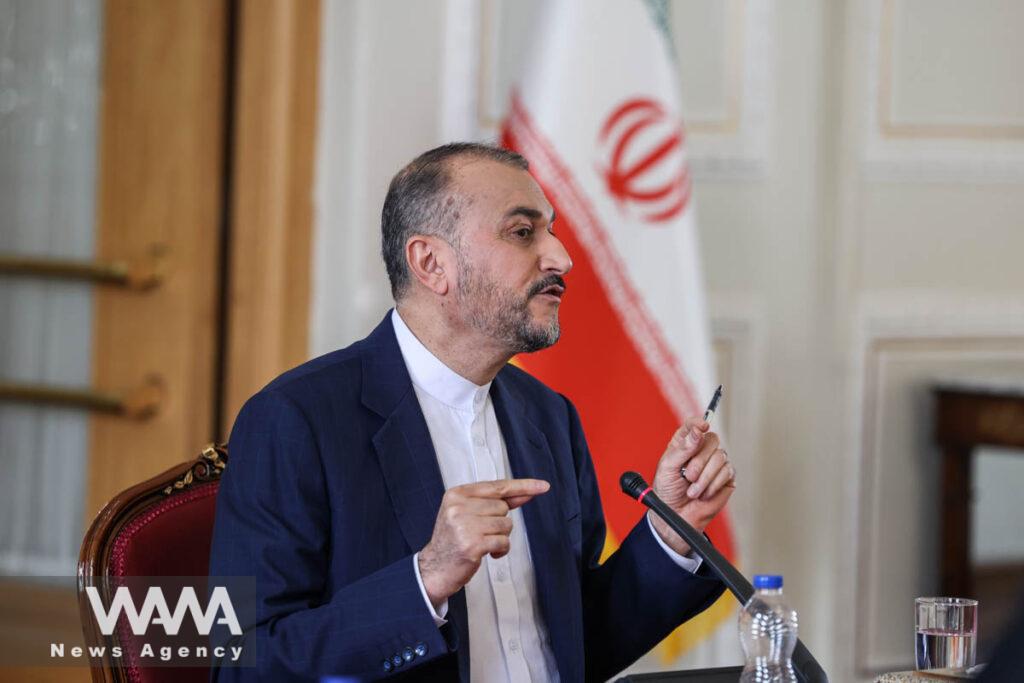
Iranian Foreign Minister Hossein Amirabdollahian speaks during a news conference in Tehran, Iran March 19, 2023. Majid Asgaripour/WANA (West Asia News Agency)
It is worth noting that the GCC statement signed with Russia is almost identical to the joint statement issued with China last December, with both supporting the UAE’s proposal to “resolve the islands dispute peacefully through bilateral talks or the ICJ.” Yet again, such remarks are similar to all previous statements from GCC ministerial meetings over several decades. But this time, it has garnered more attention due to the focus on the relations between Iran and Russia, which stand strong as ever.
Iran will never give up its legitimate right to the islands, regardless of repetitive claims, vaguely worded statements, lobbying efforts, or potential military threats.
The dispute is unnecessary and counterproductive for both the UAE and Iran as it undermines the great bilateral potential and regional stability. This was acknowledged by leaders of the seven emirates, arguing that Western countries are fomenting the conflict.
Recent regional political and security developments raise the hope that the islands will become what they were in history, to which both sides like to refer: bridges of cooperation between the two coasts.
WANA writer / F. Fazaeli / July 20, 2023

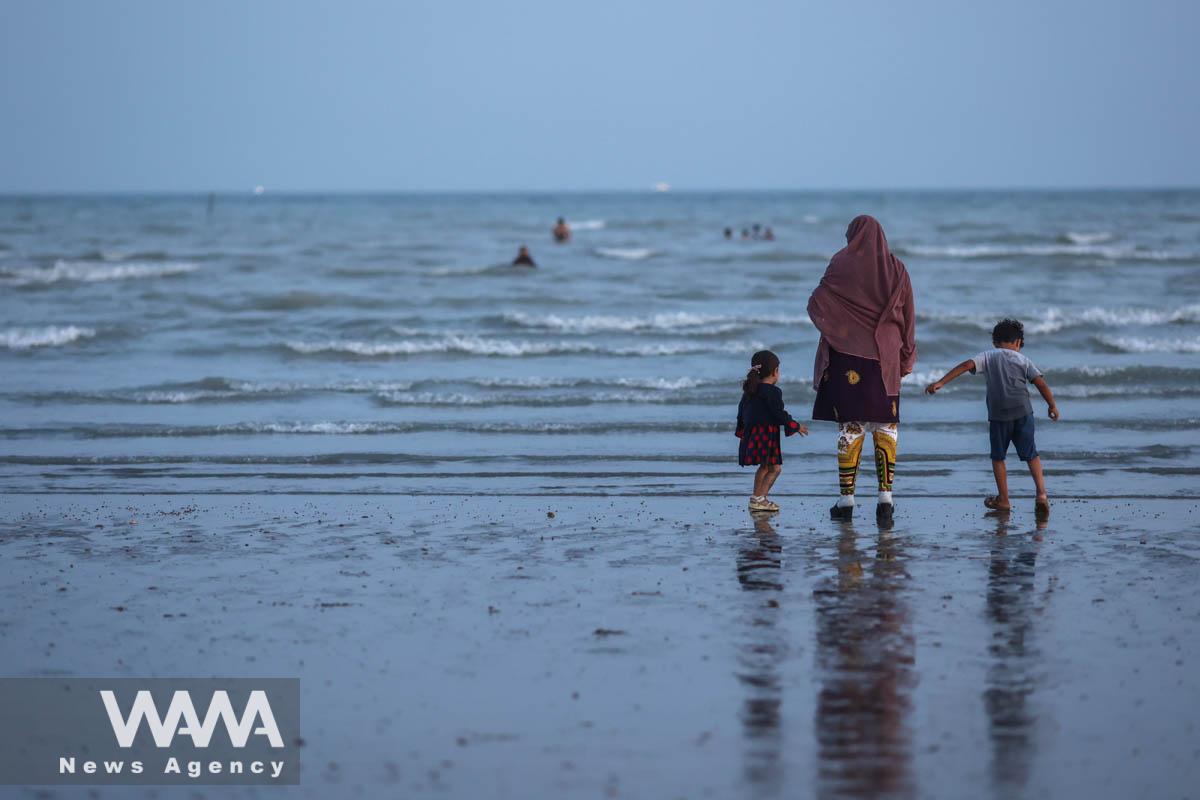
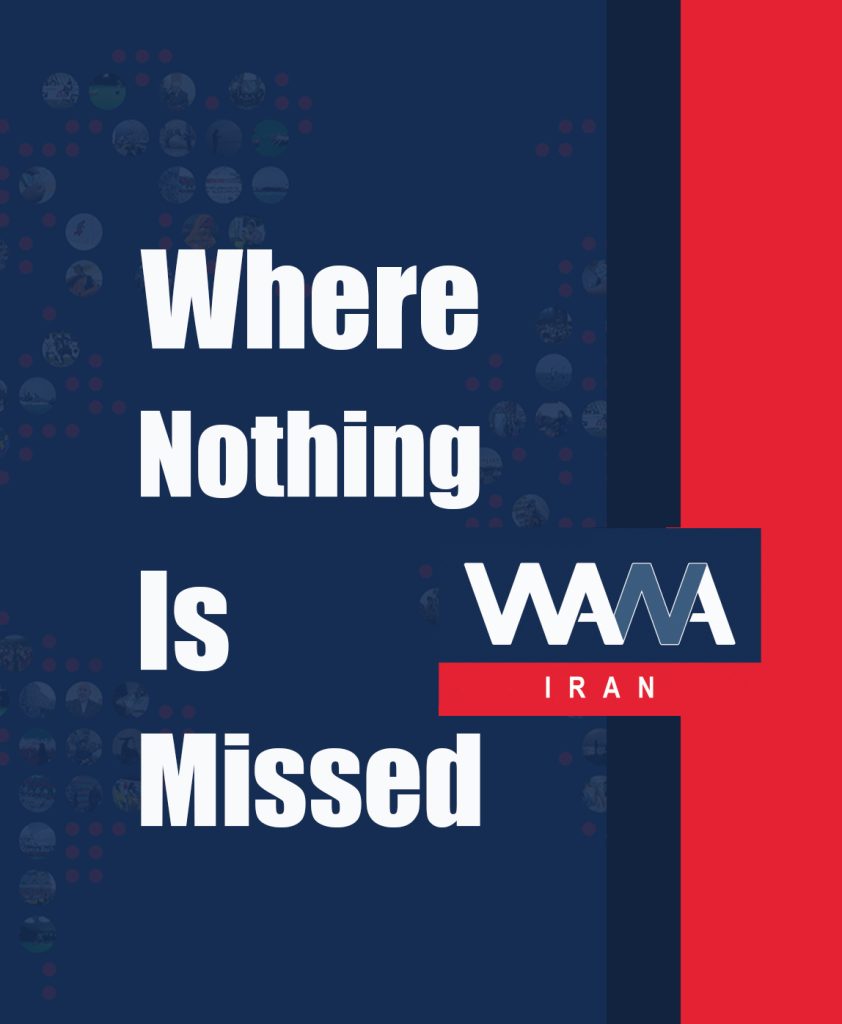










User comments